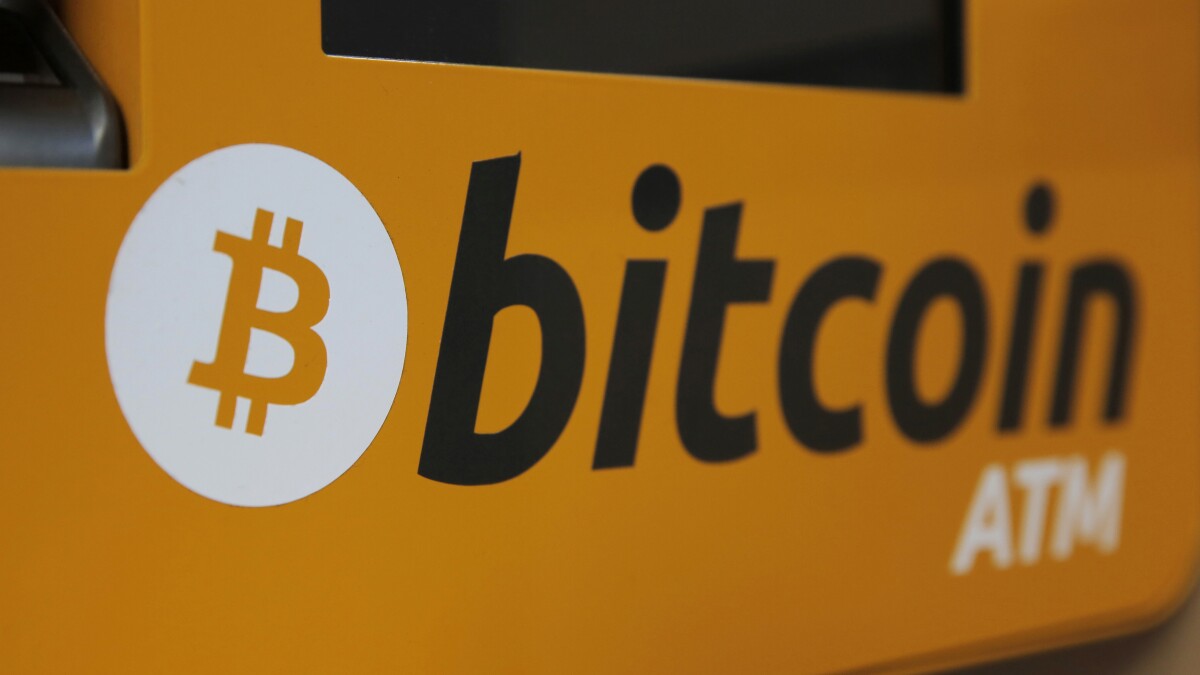Crypto Decoded: Local Analyst Unveils the Secrets Behind Digital Currency's Complex Landscape

Cryptocurrency 101: Unlocking the Digital Financial Revolution
Welcome to the exciting world of cryptocurrency, a groundbreaking digital financial landscape that's transforming how we think about money and transactions. At the heart of this revolution lies blockchain technology - a complex yet ingenious system that's changing the financial world forever.
What is Blockchain?
Imagine a digital ledger that's completely transparent, decentralized, and virtually impossible to hack. That's blockchain in a nutshell. It's like a digital record book that's shared across thousands of computers worldwide, where every transaction is recorded and verified by a network of users, not a single central authority.
Bitcoin: The Cryptocurrency Pioneer
Bitcoin, the first and most famous cryptocurrency, burst onto the scene in 2009, created by the mysterious Satoshi Nakamoto. It's a digital currency that operates without banks or governments, allowing people to send money directly to each other across the globe with minimal fees and maximum security.
How Cryptocurrencies Work
Unlike traditional currencies, cryptocurrencies are digital assets secured by complex cryptography. Each transaction is recorded on the blockchain, creating a permanent, unalterable record. This means every Bitcoin or cryptocurrency transaction is transparent, traceable, and incredibly secure.
Why Cryptocurrencies Matter
Cryptocurrencies offer more than just an alternative to traditional money. They represent a new way of thinking about financial transactions - decentralized, global, and accessible to anyone with an internet connection. From providing financial services to unbanked populations to offering a hedge against inflation, cryptocurrencies are reshaping our understanding of value and exchange.
Whether you're a curious newcomer or a potential investor, the world of cryptocurrency is an fascinating journey of innovation, technology, and financial freedom.
